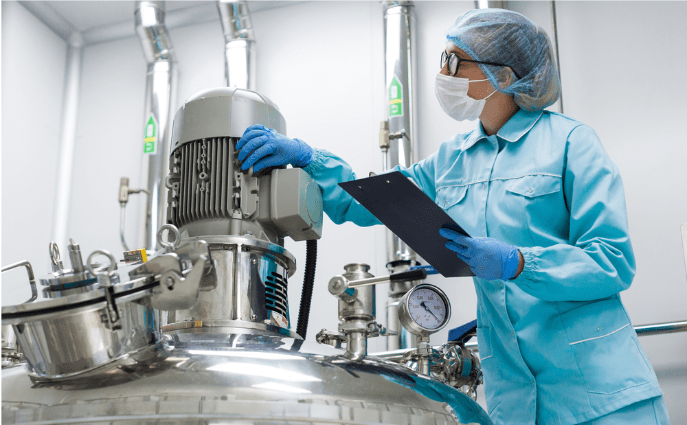BIOTECHNOLOGY POLICY
” The highlights of my policy have been to give encouragement to Goan employees. In the area of bio-technology, any company which employs Goans would get Rs. 15000 per employee per year, for four years, in order to encourage employment of Goans.”
~Luizinho Faleiro.

Potential
At the turn of the 21st Century, Biotechnology was seen to have the potential to not only solve problems related to food production but also boost economic growth and employment. Biotechnology harnesses cellular and bio-molecular processes to develop technologies and products that help improve our lives and the health of our planet. The Government of Goa under the leadership of then Chief Minister Luizinho Faleiro drafted the Biotechnology Policy to harness the rich biodiversity, and scientific and human resources of Goa. Together with well developed industrial infrastructure and banking sector, it was envisioned to make Goa a Biotechnology Hub.
The Goa Biotechnology Policy was to integrate education, research, healthcare, agriculture, industry and environment, to generate growth and employment. Similarly, stakeholders such as government, local government and public private partnerships were to be engineered to enhance this sector.
The Goa Biotechnology Policy was to integrate education, research, healthcare, agriculture, industry and environment, to generate growth and employment. Similarly, stakeholders such as government, local government and public private partnerships were to be engineered to enhance this sector.
Agriculture
In agriculture, the Biotechnology Policy for Goa envisioned organic farming, bio fertilizers, bio pesticides and cultivation of mushrooms on a large scale. Local horticulture and medicinal plants were also to be the focus of the policy, much before the recent advent of AYUSH initiative of the Government of India.
Health care
Integration of Biotechnology with health care would research the production of vaccines, therapeutics and diagnostics. Research into veterinary products for well-being of animals would also be part of the programme. The isolation of bio-active molecules in locally available herbs would also be attempted. The Health-Biotechnology interface would be augmented by involving a drug research and manufacturing company and a drug delivery system.
Industrial Biotechnology would mainly be directed at the food industry for fermentation of beverages, bakery and dairy products. Pro-biotics and bio-energy, neutraceutical and food supplements were also intended to be explored, within the framework of the Biotechnology Policy.
Environment
In Environmental application, Biotechnology would be harnessed for bioremediation and phytoremediation besides exploration of methods for treatment of bio-waste. Bio-resource utilisation in terms of invertorisation, mapping, molecular characterisation and bio-prospecting was also envisaged in the Biotechnology Policy initiated by Luizinho Faleiro. The Biotechnology Policy would also incorporate Bioinformatics including genomics, proteomics, drug designing, datamining besides other aspects.
Marine Biotechnology
Given Goa’s vast marine resources, Marine Biotechnology could research the uses of living marine organisms to make or modify products or services. The Policy proposed to develop/assist Centres of Excellence from among universities and institutions by offering grants and encouraging them to collaborate with national and international institutions of repute to take the research forward. Autonomous institutions based on Public Private Partnership model, two Biotechnology parks, a Goa University Biosciences Centre under Faculty of Life Sciences and special incentives to women entrepreneurs were envisaged to drive excellence in specific areas.
Manpower was to be sourced by starting relevant courses in exiting institutions . A Patent Information Centre would protect Intellectual Property Rights. Though one of the thrust areas was Genetically Modified Organism, care was take to ensure that it would meet national bio-safety guidelines.
To further meet the twin aims of wealth creation and employment, biotechnology would boost the State’s effort in cutting agricultural costs and promote rural employment. Biotechnology industries would be funded with short and long terms incentives, for the blossoming of biotechnology in Goa.